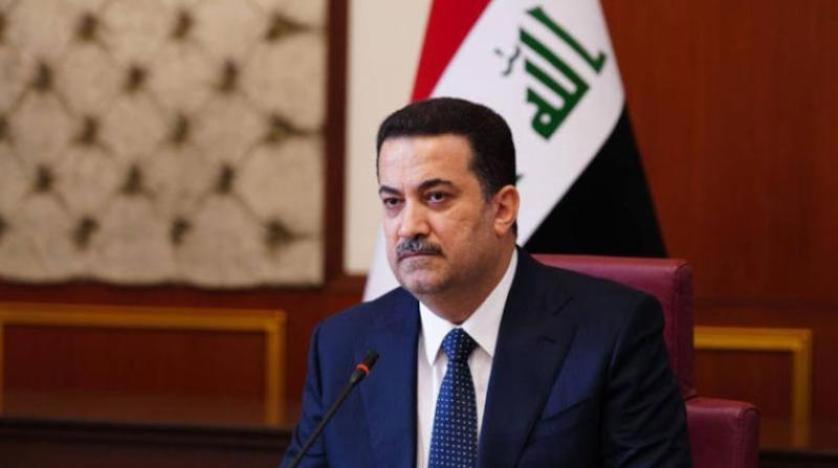Is the Iraqi prime minister waging a battle of wills with the “coordinating framework”?
Is the Iraqi prime minister waging a battle of wills with the “coordinating framework”?
4-28-2023
 Is it true what journalists and observers in Iraq hear about the Prime Minister, Muhammad Shia’a al-Sudani, that he is waging a “battle of will” with the “coordinating framework” through the upcoming cabinet reshuffle project?
Is it true what journalists and observers in Iraq hear about the Prime Minister, Muhammad Shia’a al-Sudani, that he is waging a “battle of will” with the “coordinating framework” through the upcoming cabinet reshuffle project?
Finally, Al-Sudani appeared in a local television interview, and he spoke in a clear, yet somewhat angry tone… “The ministerial change is not subject to desire and mood (…) I will not compliment a leader or a party, and when there are indications of a minister, I will submit to Parliament a request for his dismissal, and whoever He refuses, so he refuses.” And Al-Sharq Al-Awsat quoted, earlier, from intersecting sources, that the ministerial reshuffle turned into a frank confrontation (the coordination framework is trying to hide it) between Al-Sudani and the leaders of Shiite parties. The most prominent of them is Nuri al-Maliki, the former prime minister.
Parties linked to the offices of Shiite party leaders believe that Al-Sudani is trying to “play with fire” by changing the rules of the game within the Shiite system, and that changing the ministers in the manner that Al-Sudani wants imposes on them escalatory options that may lead to withdrawing confidence from him. There are two popular hypotheses in the salons of the Iraqi parties for the motives that moved Al-Sudani to proceed with the cabinet reshuffle: The first is his growing and clear desire to formulate a more effective role for the position of prime minister, with greater independence, which is difficult to achieve without turning against him and his political future, given the custom of quotas. controller in the political process.
As for the second, it is, according to influential Shiite figures, the absence of consensus within the “coordination framework” to support Al-Sudani; As there is a discrepancy in the way in which the prime minister is dealt with, and “senior leaders intend to frame al-Sudani as a public servant who implements the policy of political forces,” in the words of a leader who asked not to be named.
The fact that the cabinet reshuffle file is still vague until now, surrounded by countless speculations, especially the criteria adopted by Al-Sudani in targeting ministers close to Shiite factions, which are not acceptable to the US. However, reliable information indicates that Al-Sudani, before forming the government, was able to include the cabinet reshuffle clause in the political agreement of the “State Administration” coalition, after an evaluation that lasted 6 months.
Whatever the explanation, it seems that Al-Sudani chose direct confrontation with the “coordination framework”, in a “battle of will” to force him to draw new political borders and clear rules of engagement between the position of the prime minister and the party alliance that he nominated.
This prompted a leading figure, close to the leader of the “Wisdom Movement” Ammar al-Hakim, to say that “this confrontation will soon turn into a major existential challenge to the (coordinating framework),” and that “the absence of basic rules for the relationship with the prime minister will threaten the current government project.” According to reliable sources, al-Hakim himself is trying with the concerned parties to formulate an internal settlement for the cabinet reshuffle, but he proposes to give al-Sudani the power to reshuffle the cabinet, but not in isolation from the party leaders and consulting with them.
rawabetcenter.com
